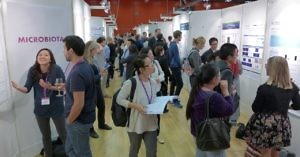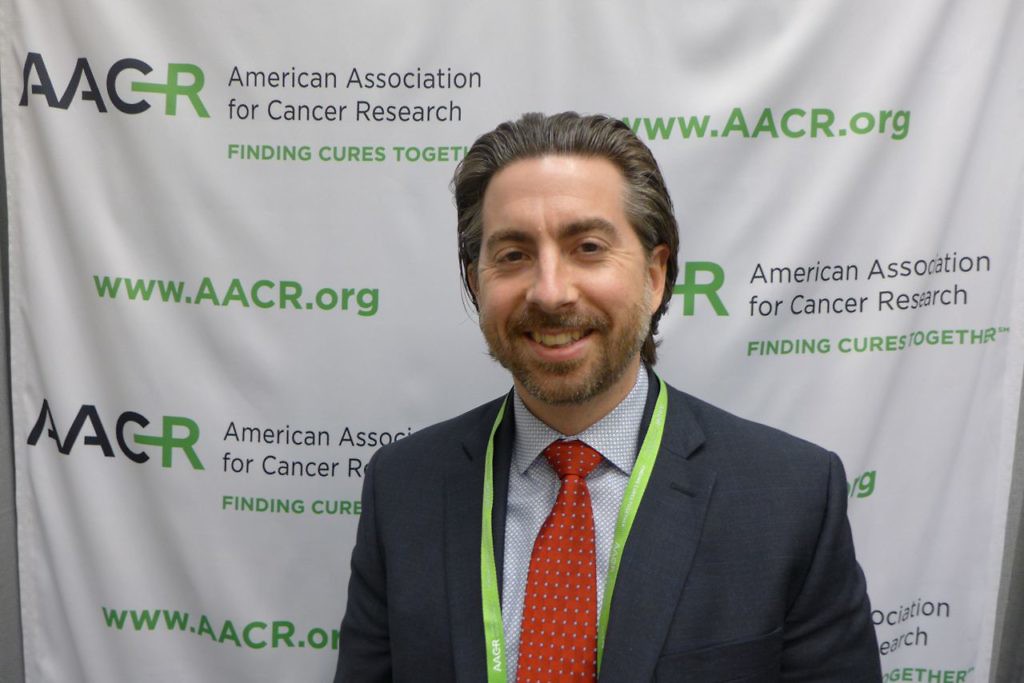Can this novel combination overcome resistance to checkpoint blockade?
As we demonstrated in the recent Novel Targets podcast that opened Season 3, one topic that is a key focus for many in the IO space is addressing mechanisms of immune escape and acquired resistance to single agent treatment with immunotherapy.
 We’ve seen several oncogenic escape mechanisms reported, included activation of the JAK/STAT pathways in some patients and loss of existing immunity when the tumour suddenly becomes cold or an immune dessert.
We’ve seen several oncogenic escape mechanisms reported, included activation of the JAK/STAT pathways in some patients and loss of existing immunity when the tumour suddenly becomes cold or an immune dessert.
The good news is that there are a number of ideas that can be pursued, including activating the innate immune system in various combinations.
As we see more companies invest in the innate immunity space in order to have a rational partner with which to combine with their checkpoint inhibitor, it will be important to maintain focus on trial designs and synergistic mechanism of actions to improve efficacy while reducing the potential for overlapping or severe toxicities.
Here’s one intriguing and promising new approach that caught our eye this month that is worthy of researching and following over time…
Subscribers can log-in to read our latest insights from ESMO17 or you can gain access to BSB Premium Content.
This content is restricted to subscribers


